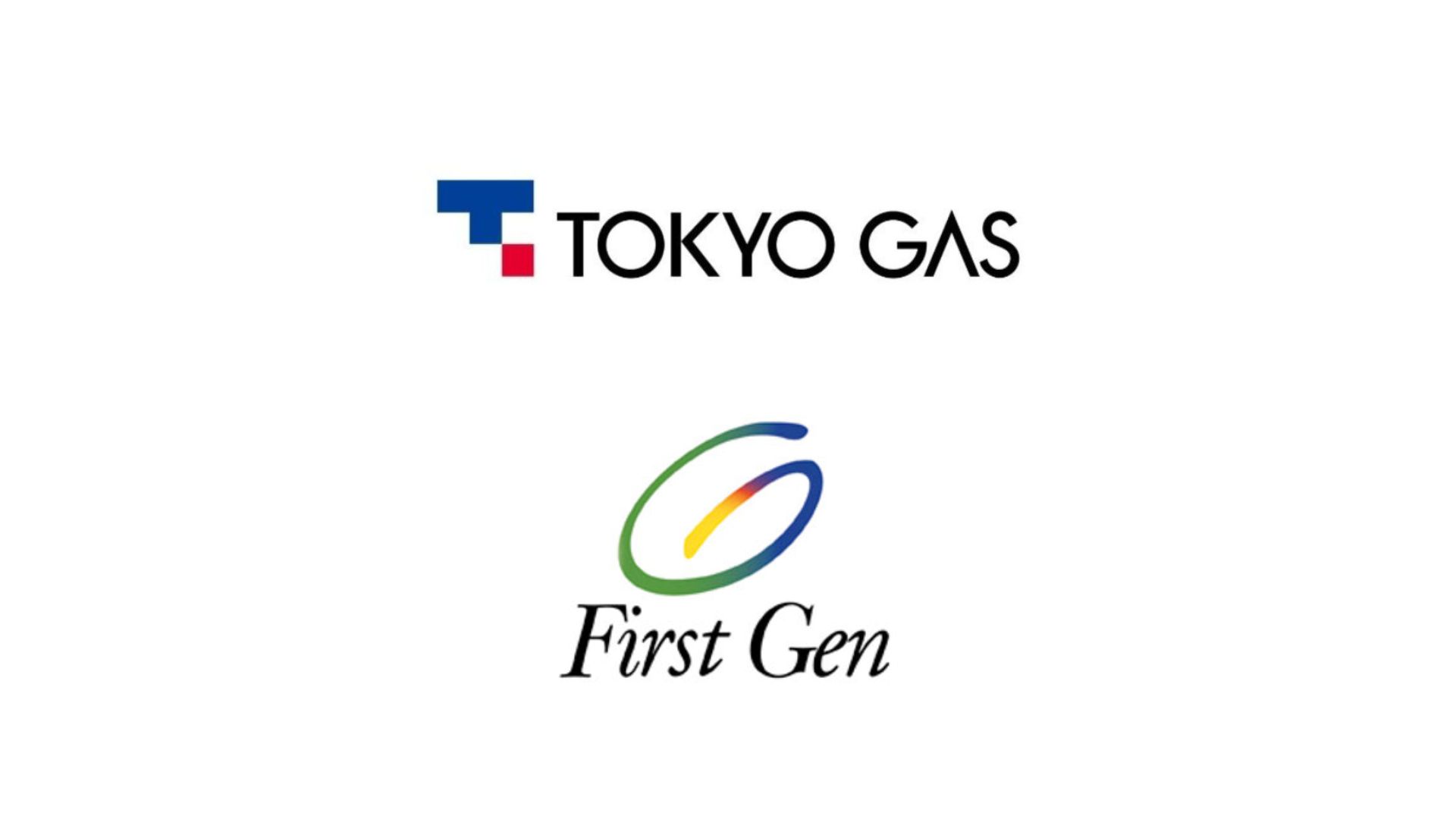Tokyo Gas Finalizes First Overseas LNG Terminal Investment With Stake in FGEN LNG
- February 19, 2025
- 0

In a significant expansion move, Japan’s Tokyo Gas Co., Ltd. has completed its acquisition of a 20% equity stake in FGEN LNG Corporation, marking its first investment in a commercially operational liquefied natural gas (LNG) terminal outside Japan. The deal strengthens Tokyo Gas’ collaboration with First Gen Corporation, the parent company of FGEN LNG, and reinforces its commitment to enhancing energy security and supporting sustainable power solutions in the Philippines.
The FGEN LNG Terminal, located at the First Gen Clean Energy Complex in Batangas City, plays a critical role in supplying regasified LNG to First Gen’s gas-fired power plants, which have a total generating capacity of 2,017 megawatts (MW). These facilities contribute significantly to the country’s power supply, helping stabilize the grid as the Philippines transitions toward cleaner energy sources.
First Gen Vice Chairman and FGEN LNG CEO Giles Puno welcomed Tokyo Gas’ investment, emphasizing the importance of their strengthened partnership.
“We welcome Tokyo Gas into the First Gen group. This subscription will deepen our partnership and enhance synergy that will boost our efforts in support of the Philippines’ energy security and stability, even as we all pursue decarbonization,” said Giles Puno, Vice Chairman and Chief Executive Officer of FGEN LNG and concurrent First Gen President.
Tokyo Gas’ investment was made through a subscription agreement with First Gen LNG Holdings, signed in May 2024. The agreement was contingent on the fulfillment of key regulatory conditions, including government approvals.
Tokyo Gas and First Gen have been working together since December 2018, when they first collaborated on the development and construction of the LNG Terminal in Batangas City. The project broke ground in May 2019 and, after years of development, became the first LNG facility in the Philippines to receive a Permit to Operate and Maintain from the Department of Energy (DOE).
With its new equity position in FGEN LNG, Tokyo Gas is set to play a more active role in shaping the terminal’s future operations and development, ensuring a reliable LNG supply that supports the country’s growing energy needs.
The Philippines has been increasing its reliance on LNG as it seeks to reduce coal dependency and integrate more renewables into its power mix. LNG serves as a key bridge fuel, offering a more flexible and lower-emission alternative while supporting grid stability and intermittent renewable energy sources.
Tokyo Gas’ investment aligns with this transition, bringing expertise in LNG infrastructure, supply management, and energy efficiency to the Philippine energy sector.
As a company founded in 1885, Tokyo Gas is Japan’s largest natural gas utility and has been expanding its global footprint in LNG supply and infrastructure projects. The investment in FGEN LNG marks a significant milestone in its international strategy, showcasing its commitment to long-term partnerships in Southeast Asia’s energy market.
How will Tokyo Gas’ investment in FGEN LNG impact the Philippines’ energy landscape? Will this move help accelerate the country’s transition to cleaner and more sustainable power sources? Share your thoughts in the comments below and follow Power Philippines for the latest energy sector updates!